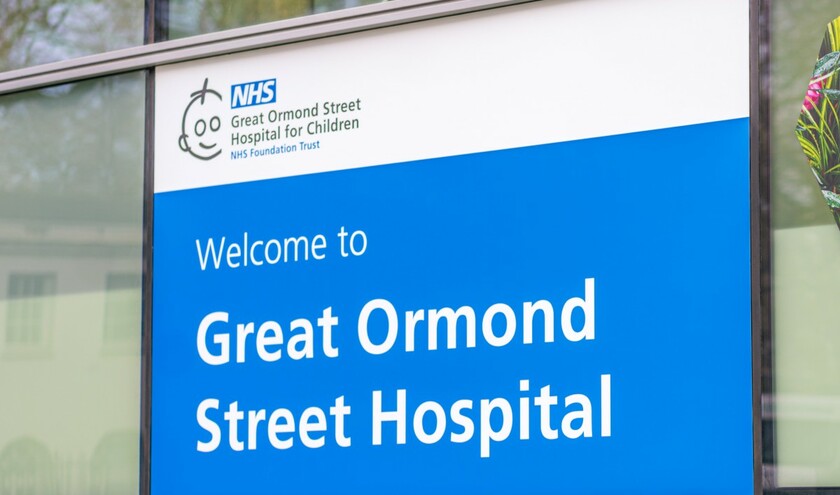The programme led by GOSH's Data Research, Innovation and Virtual Environments (DRIVE) unit has secured funding to deliver the first evaluation of ambient voice technology at scale in the NHS, in partnership with AI company TORTUS, following successful early stages.
The GOSH DRIVE team have been working with TORTUS to test an ambient AI tool in outpatient consultations.
Typically, during outpatient consultations with patients, clinicians will dictate or manually type notes into the computer and compose letters during and after the consultation. The TORTUS assistant automates this process, using ambient voice technology with generative AI to listen to the consultation and draft a clinic note and letter, which are then edited and authorised by the clinician before being uploaded to the electronic health record system and sent to patients and their families.
In early testing in simulated clinics, all clinicians agreed that the AI helped them give their full attention to their patients when using the tool, without decreasing the quality of the clinic note or letter.
The AI assistant has so far been tested by a variety of GOSH clinicians from a wide range of specialties. In an early phase of the trial, professional-medical actors played the part of patients and, despite trying to trick the tech by talking about X-Men superheroes, giving incorrect information, using different accents and using loud background noise, the AI assistant was able to correctly understand the information shared and draft clear clinical letters.
The technology was then tested in 100 real outpatient appointments at the hospital with patients who consented to take part in the trial, the results of which are still being evaluated.
Dr Maaike Kusters, paediatric immunology consultant at GOSH, said: ‘The patients I see in my clinics have very complex medical conditions and it's so important to make sure I capture what we discuss in our appointments accurately, but often this means I am typing rather than looking directly at my patient and their family. Using the AI tool meant I could sit closer to them face-to-face and really focus on what they were sharing with me, without compromising on the quality of documentation.'
GOSH is now leading a pan-London, 5,000 patient assessment of TORTUS in a range of healthcare settings, thanks to funding from NHS Frontline Digitisation. This will include GP settings, adult hospitals, A&E departments and mental health services.
If the trial results, and feedback from patients and clinicians is positive, GOSH and other NHS organisations will then decide whether they will deploy this type of ambient AI technology across the trust or service.
Before the trial could take place, GOSH completed detailed and thorough safety checks to ensure that the technology is secure. All data are processed in secure environments and are deleted after documents are generated at the end of the consultation, with no long-term retention. Only the clinician-approved clinic note and clinic letter exist in the electronic health record system after the appointment.
Martin Machray, NHS England director for improvement, transformation and partnerships in London, said: ‘Ambient voice technology is a great example of how AI could be used to support clinicians and improve patient care, so it's fantastic to see this being evaluated in different NHS settings across London.
‘Technology is already transforming the way we work in the NHS in London, and we will continue to embrace the latest innovations to deliver the best possible care for patients, moving towards a digitally-enabled healthcare system for the city.'



